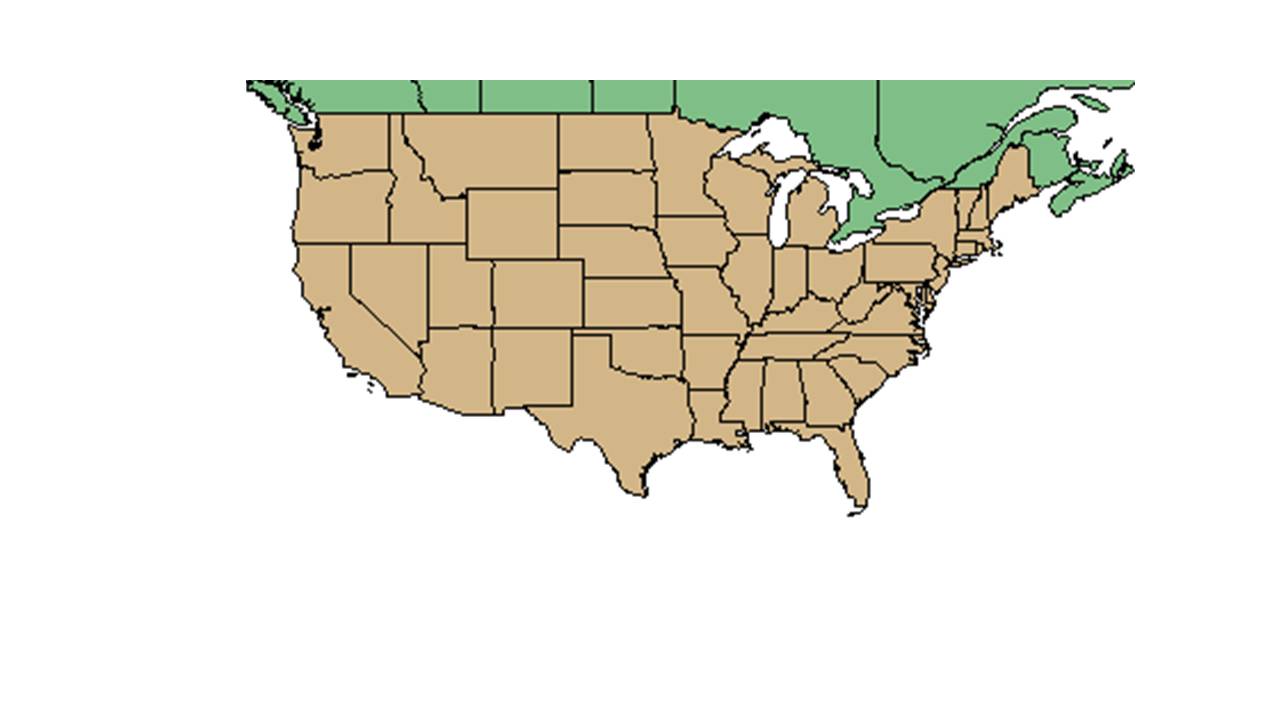Difference between revisions of "Ambrosia artemisiifolia"
(→Distribution) |
|||
| Line 30: | Line 30: | ||
==Ecology== | ==Ecology== | ||
===Habitat=== <!--Natural communities, human disturbed habitats, topography, hydrology, soils, light, fire regime requirements for removal of competition, etc.--> | ===Habitat=== <!--Natural communities, human disturbed habitats, topography, hydrology, soils, light, fire regime requirements for removal of competition, etc.--> | ||
| − | + | It is found in disturbed sites (Wunderlin and Hansen 2003). | |
===Phenology=== <!--Timing off flowering, fruiting, seed dispersal, and environmental triggers. Cite PanFlora website if appropriate: http://www.gilnelson.com/PanFlora/ --> | ===Phenology=== <!--Timing off flowering, fruiting, seed dispersal, and environmental triggers. Cite PanFlora website if appropriate: http://www.gilnelson.com/PanFlora/ --> | ||
Revision as of 13:13, 9 July 2015
| Ambrosia artemisiifolia | |
|---|---|

| |
| Scientific classification | |
| Kingdom: | Plantae |
| Division: | Magnoliophyta - Flowering plants |
| Class: | Magnoliopsida – Dicotyledons |
| Order: | Asterales |
| Family: | Asteraceae ⁄ Compositae |
| Genus: | Ambrosia |
| Species: | A. artemisiifolia |
| Binomial name | |
| Ambrosia artemisiifolia L. | |

| |
| Natural range of Ambrosia artemisiifolia from USDA NRCS Plants Database. | |
Contents
Description
It is an annual (Hall 1993).
Common names: Common Ragweed
Synonym names: A. glandulosa Scheele; A. monophylla (Walter) Rydb.
Distribution
It is common nearly throughout entire Florida (Wunderlin and Hansen 2003) and is also common throughout the entire United States (Hall 2003). It has been found in open pine woods, mixed hardwoods, wet hammocks, and along dried up shores of ponds (FSU Herbarium). It does well in a number of human disturbed areas including old fields, drainage ditches, pastures, roadsides, sandy vacant lots, railroad gravel, blackland prairie soil, camping areas, wet pastures, levees, drainage ditches, along edges of mixed forests, recently disturbed boggy areas, along canals, and agricultural fields (FSU Herbarium). It thrives in dry sandy soils to wet, peaty soils in high intensity light in open areas (FSU Herbarium).
Ecology
Habitat
It is found in disturbed sites (Wunderlin and Hansen 2003).
Phenology
Flowers and fruits from summer to late fall (Wunderlin and Hansen 2003, FSU Herbarium).
Seed dispersal
Seed bank and germination
Fire ecology
Can live where winter-burned annually and has been found in firelanes of annually-burned pinelands (FSU Herbarium).
Pollination
Use by animals
Diseases and parasites
Conservation and Management
Cultivation and restoration
Photo Gallery
References and notes
Florida State University Robert K. Godfrey Herbarium database. URL: http://herbarium.bio.fsu.edu. Last accessed: June 2014.
Collectors: Loran C. Anderson, Tom Barnes, R. Barbezat, Sarah Beem, S. Bennett, Kurt E. Blum, Michael B. Brooks, R. C. Darby, Frank DiCecco, William B. Fox, Mary A. Garland, Robert K. Godfrey, Bruce Hansen, G. G. Hedgcock, Norlan C. Henderson, Brenda Herrig, C. Jackson, T. Kanno, Robert Kral, Gary R. Knight, Elmo Law, Martha Lee, S. W. Leonard, S. J. Lombardo, C. L. Lundell, Travis MacClendon, Karen MacClendon, Sidney McDaniel, Richard S. Mitchell, J. B. Morrill, John B. Nelson, R. A. Norris, H. Okazaki, Dan Pittillo, A. E. Radford, Lloyd H. Shinners, Cecil R. Slaughter, Bill Stangler, William R. Stimson, Amanda R. Travis, Charles S. Wallis, Keenan Windler, and Wendy Zomlefer.
States and Counties: Alabama: Baldwin. Colorado: Jefferson. Florida: Brevard, Columbia, Dade, Escambia, Franklin, Indian River, Jackson, Jefferson, Leon, Liberty, Okaloosa, Pasco, Polk, Putnam, and Wakulla. Georgia: Colquitt, Decatur, Fulton, Grady, and Thomas. Illinois: Coles, Cook, and Lawrence. Iowa: Fremont. Louisiana: Ouachita. Kansas: Riley. Maryland: Baltimore. Mississippi: Harrison and Oktibbeha. Missouri: Cass, Greene, and Ray. North Carolina: Ashe, Chowan, Macon, Madison, and Wayne. Oklahoma: Ottawa. Pennsylvania: Huntingdon. South Carolina: Dorchester, Lexington, and Richland. Tennessee: Grundy and Polk. Texas: Dallas. Virginia: Giles, Montgomery, and Van Zandt.
Other countries: Japan.
Hall, David W. Illustrated Plants of Florida and the Coastal Plain: based on the collections of Leland and Lucy Baltzell. 1993. A Maupin House Book. Gainesville. 74. Print.
Wunderlin, Richard P. and Bruce F. Hansen. Guide to the Vascular Plants of Florida. Second edition. 2003. University Press of Florida: Gainesville/Tallahassee/Tampa/Boca Raton/Pensacola/Orlando/Miami/Jacksonville/Ft. Myers. 296. Print.